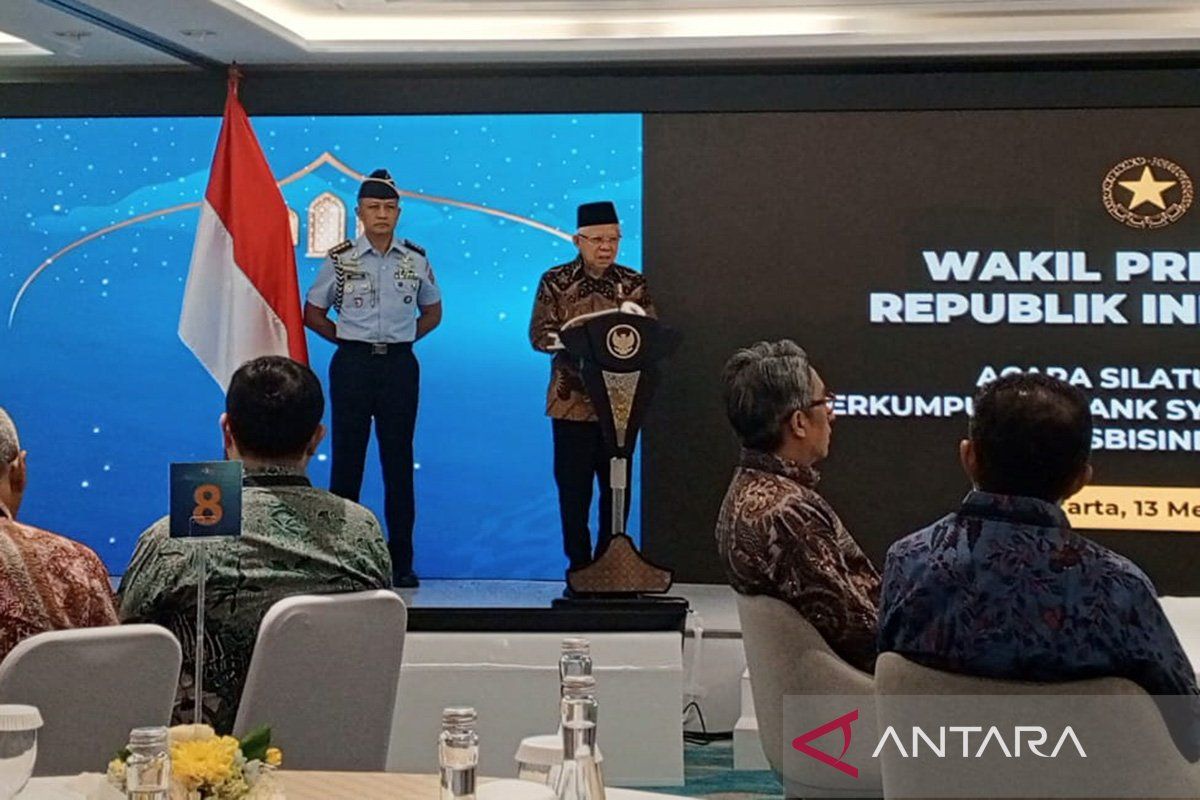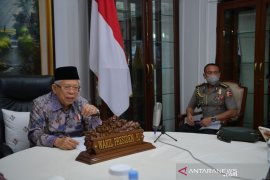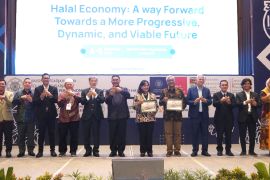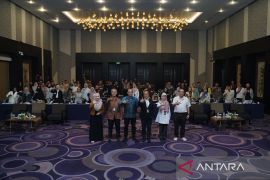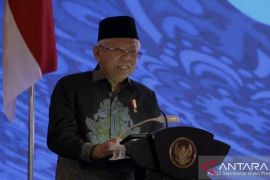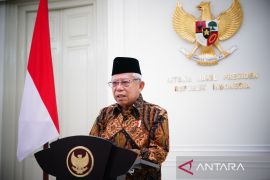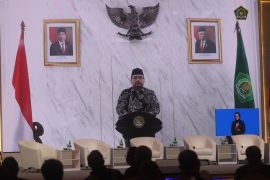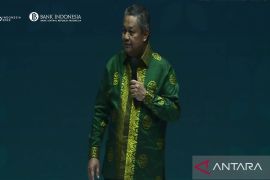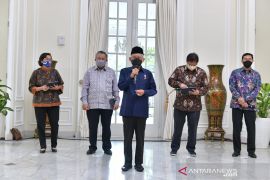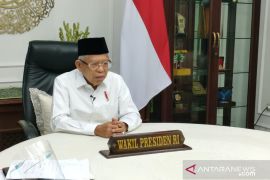During an event held by the Indonesian Sharia Banks Association (Asbisindo) in Jakarta on Monday, he expressed optimism about sharia banks playing a crucial role in optimizing the growth of Indonesia's Islamic economy.
"Islamic banks will be able to support economic growth and give birth to a new economy. We have moved to speaking about a new economy instead of the conventional one. The growth of a new economy will boost our national economy," he stated.
According to him, since 2020, the government has focused on four aspects to develop the Islamic economy: the sharia finance industry, halal industry, sharia business, and sharia social institutions.
Amin remarked that the establishment of the National Committee of Islamic Economy and Finance (KNEKS) serves as one of the steps taken by the government to boost the development of the sharia economy.
"In addition to implementing facilitative regulations, the government has established the KNEKS as the expanded form of the National Committee of Islamic Economy. All these efforts are meant to cover all four aspects," he elaborated.
Amin also mentioned that the government followed up by forming several KDEKS, which are regional versions of the national committee.
"A total of 30 KDEKS have been operational in 30 provinces. This means we only need to establish similar committees in six Papuan provinces, East Nusa Tenggara, and Bali to cover all 38 Indonesian provinces," he pointed out.
Meanwhile, Asbisindo Chairman Hery Gunardi noted that the growth rate of Indonesia's Islamic banking has been higher than that of conventional banking.
Moreover, he underscored that the potential value of Indonesia's halal industry has reached Rp4,253 trillion (around US$264 billion).
Related news: VP outlines four strategies to develop RI's sharia banking industry
Related news: National sharia finance industry continuing to grow: ministry
Translator: Benardy F, Tegar Nurfitra
Editor: Anton Santoso
Copyright © ANTARA 2024
